Why Cleanroom Filters Are Essential for Your Industry
Cleanroom filters may not be the first thing that comes to mind when you think about essential equipment for your industry, but they play a critical role in maintaining high standards of cleanliness and safety. Whether you are in pharmaceuticals, electronics, or any other field that requires a contaminant-free environment, understanding the importance of cleanroom filters can significantly benefit your operations. Photo courtesy of CleanAir Solutions, Inc.
Understanding Cleanroom Filters
In simple terms, cleanroom filters are designed to remove airborne particles and contaminants from the environment. They are essential in industries where even the smallest amount of dust or microbes can compromise the quality of products or processes.
When considering how cleanroom filters function, it becomes clear why they are so important. These filters work by trapping particles in their fibrous structure, allowing only clean air to pass through. This is crucial in environments that need to be kept free from any form of contamination. The more effective the filter, the fewer risks there are of pollutants affecting sensitive processes or products. It's a complex task, but one that cleanroom filters manage efficiently.
Additionally, cleanroom filters are not a one-size-fits-all solution. They come in various types and grades, each designed to tackle specific contaminants and fit different cleanroom classifications. This means that the filter used in a pharmaceutical setting might be different from the one used in an electronics manufacturing cleanroom. The versatility and specificity of these filters underscore their critical role in maintaining pristine conditions across diverse industrial applications.
Types of Cleanroom Filters
There are several types of cleanroom filters, each serving different purposes. HEPA filters, for instance, are highly efficient at trapping particles as small as 0.3 microns. ULPA filters, on the other hand, offer even higher filtration levels and are used in more stringent environments.
Beyond HEPA and ULPA filters, there are pre-filters and carbon filters, each bringing unique benefits to the table. Pre-filters are typically used as the first line of defense, capturing larger dust particles and prolonging the life of HEPA or ULPA filters. Carbon filters are employed to remove gaseous contaminants and odors, playing a supportive role in maintaining air quality.
An interesting aspect of cleanroom filters is how they can be integrated and combined to form multi-stage filtration systems. This layered approach provides an added level of cleanliness, incrementally capturing contaminants at different stages. These systems can be customized based on the specific needs of the industry and the types of pollutants most commonly encountered. Such flexibility ensures that cleanroom environments remain contaminant-free and that operational standards are consistently met.
Applications Across Various Industries
Cleanroom filters find applications in various industries. In pharmaceuticals, they are crucial for maintaining sterility. The electronics industry relies on them to prevent dust particles from damaging sensitive components. Even food and beverage companies use cleanroom filtration to ensure product purity.
Furthermore, the aerospace industry depends heavily on cleanroom filters to avoid contamination in the manufacturing of delicate instrumentation and components used in spacecraft. These filters help ensure that each part meets the stringent requirements necessary for space exploration.
In the healthcare sector, cleanroom filters play a pivotal role in protecting both patients and medical equipment from harmful pathogens. Hospitals and laboratories utilize these filters to maintain a sterile environment, critical for surgeries and the accurate diagnosis of illnesses. The automotive industry also benefits, particularly when it comes to the production of advanced vehicle electronics, where even the tiniest contaminant can lead to significant malfunctions.
Benefits of Using Cleanroom Filters
Using cleanroom filters offers several benefits including improved product quality, reduced risk of contamination, and compliance with industry standards and regulations. These advantages lead to higher customer satisfaction and better overall performance of your business.
Another key benefit is the extended lifespan of machinery and equipment. By removing airborne contaminants, cleanroom filters prevent dust and other particles from settling on sensitive surfaces, which can cause wear and tear over time. This not only prolongs the operational life of equipment but also reduces maintenance costs and downtime.
In addition to physical benefits, cleanroom filters also contribute to a safer working environment. By ensuring that the air quality meets stringent cleanliness standards, workers are less likely to be exposed to harmful particles that could affect their health. This fosters a healthier work environment, reducing sick leaves and enhancing overall productivity.
Choosing the Right Cleanroom Filters
Selecting the right cleanroom filter depends on several factors like the specific needs of your industry, the level of cleanliness required, and the type of contaminants you are dealing with. Working with a specialist can help you make informed decisions.
The first step in choosing the right cleanroom filter is to evaluate the nature of the contaminants in your environment. For instance, industries dealing with chemical vapors might need filters that can effectively capture gaseous pollutants, whereas industries focused on particulate matter would benefit more from high-efficiency particulate filters.
It's also wise to consider the cleanroom classification your industry operates within. Each classification has specific standards regarding the number and size of particles allowed per cubic meter, which directly influences the type of filter required. This underscores the importance of consulting with experts who can guide you through the selection process to ensure that your cleanroom operations remain compliant and efficient.
The Indispensable Role of Cleanroom Filters
Cleanroom filters are indeed an indispensable part of many industries. From maintaining product quality to ensuring the safety and well-being of workers, their impact cannot be understated. By understanding and investing in high-quality cleanroom filtration systems, your industry can achieve greater efficiency, compliance, and overall success.
For your next filtration project contact CleanAir Solutions, Inc. at (707) 864-9499, or by email to Sales@CleanroomSpecialists.com. You can browse the website for more information at www.CleanRoomSpecialists.com

